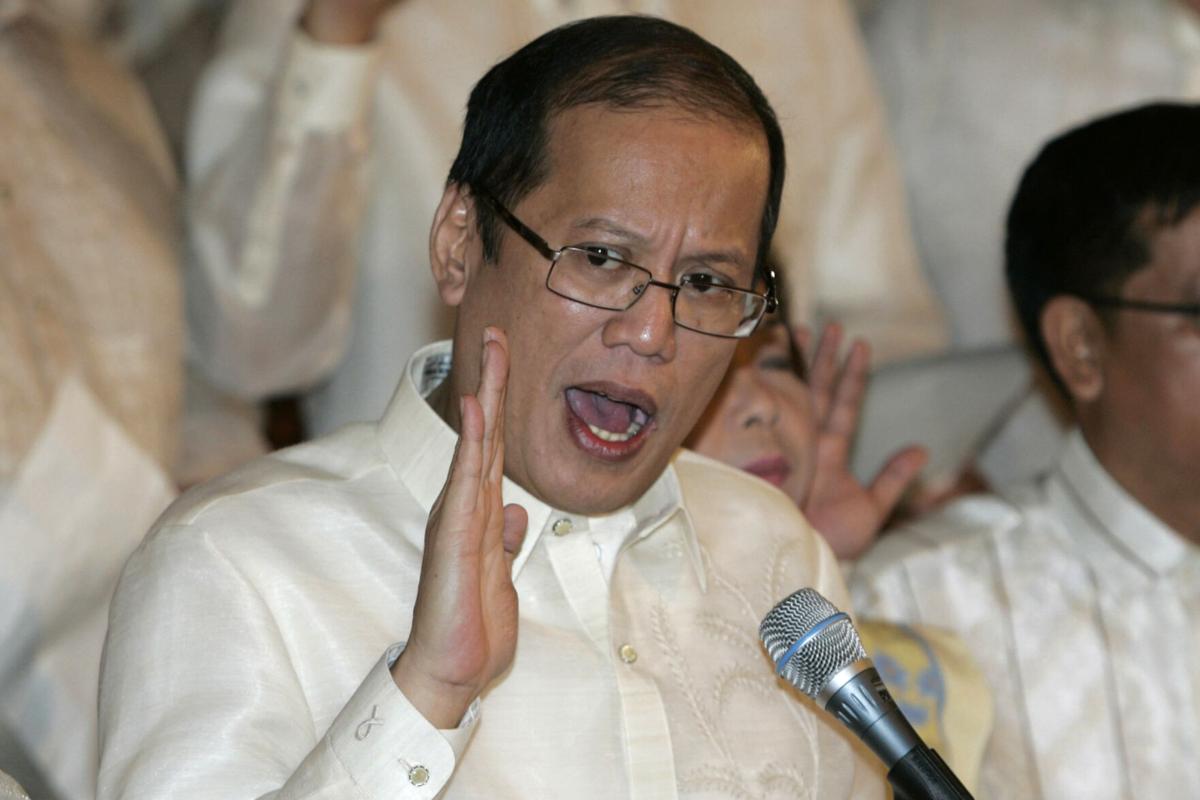5 killed in lightning strike in Odisha
While three died in Garadpur block, Aul and Kendrapara blocks accounted for one fatality each due to lightning strike, said official sources
Aquino, who served as president from 2010 to 2016, was the heir to a political legacy of a family that has been regarded as a bulwark against authoritarianism in the Philippines.

Benigno Aquino
Former Philippine President Benigno Aquino III, the son of pro-democracy icons who helped topple dictator Ferdinand Marcos and had troublesome ties with China, died on Thursday, a cousin and public officials said. He was 61.
Former Sen. Bam Aquino said he was heartbroken by the death of his cousin. “He gave his all for the Filipino, he did not leave anything,” he said.
Details of his death were not immediately made public by members of his family, who were seen rushing to a metropolitan Manila hospital in the morning. But one of his former Cabinet officials, Rogelio Singson, said Aquino had been undergoing dialysis and was preparing for a kidney transplant.
Advertisement
Condolences poured in from Philippine politicians, the Catholic church, and others, including the U.S government, current President Rodrigo Duterte’s administration, and a daughter of Marcos who is now a senator. Philippine flags were lowered at half-staff in government buildings.
“We are saddened by President Aquino’s passing and will always be thankful for our partnership,” U.S. Embassy Charge d’ Affaires John Law said in a statement. Duterte’s spokesman, Harry Roque, called for a moment of silence and prayers at the start of a televised news conference and Sen. Imee Marcos, a daughter of the late dictator, also offered her condolences.
“For beyond politics and much public acrimony, I knew Noynoy as a kind and simple soul. He will be deeply missed,” Marcos said in a statement, using Aquino’s nickname.
Aquino, who served as president from 2010 to 2016, was the heir to a political legacy of a family that has been regarded as a bulwark against authoritarianism in the Philippines.
His father, former Sen. Benigno Aquino Jr., was assassinated in 1983 while under military custody at the Manila international airport, which now bears his name. His mother, Corazon Aquino, led the 1986 “people power” revolt that ousted Marcos. The army-backed uprising became a harbinger of popular revolts against authoritarian regimes worldwide.
Although a scion of a wealthy land-owning political clan in the northern Philippines, Aquino, who was fondly called Noynoy or Pinoy by many Filipinos and had an image as an incorruptible politician, battled poverty and frowned over excesses by the country’s elite families and powerful politicians. One of his first orders that lingered throughout his presidency was to ban the use of sirens in vehicles that carried VIPs through Manila’s notorious traffic jams.
Aquino, whose family went into exile in the U.S. during Marcos’s rule, had turbulent ties with China as president. After China effectively seized a disputed shoal in 2012 following a tense standoff between Chinese and Philippine ships in the South China Sea, Aquino authorized the filing of a complaint before an international arbitration tribunal that questioned the validity of China’s sweeping claims in the strategic waterway on historical grounds.
“We do not wish to increase tensions with anyone, but we must let the world know that we are ready to protect what is ours,” Aquino said in his State of the Nation Address to Congress in 2011.
The Philippines largely won. China refused to join in the arbitration and dismissed as a sham the tribunal’s 2016 ruling, which invalidated Beijing’s claims to virtually the entire South China Sea based on a 1982 U.N. maritime treaty and continues to defy it. Aquino’s legal challenge and the eventual ruling plunged the relations between Beijing and Manila to an all-time low.
Born in 1960 as the third of five children, Aquino never married and had no children. An economics graduate, Aquino engaged in businesses before entering politics.
During the politically tumultuous presidency of her mother, Aquino was wounded by gunfire during a failed 1987 coup attempt by rebel soldiers, who attempted to lay siege on the heavily guarded Malacanang presidential palace. Aquino was in a car with companions on the way back to the palace in Manila when they came under heavy gunfire. Three of his security escorts were killed and Aquino was severely wounded, with one bullet remaining embedded in his neck all his life because it was too dangerous to take out by surgery.
He won a seat in the powerful House of Representatives in 1998, where he served until 2007, then successfully ran for a Senate seat. Aquino announced his presidential campaign in September 2009 by saying he was answering the call of the people to continue his mother’s legacy. She had died just weeks earlier of colon cancer.
“I accept the responsibility of continuing our fight for the people. I accept the challenge to lead this fight,” he said.
One of the legacies of the Aquino presidency was the signing of a 2014 peace deal with the largest Muslim separatist rebel group in the country, the Moro Islamic Liberation Front, in 2014 that eased decades of sporadic fighting in the country’s south, the homeland of minority Muslims in the largely Roman Catholic nation.
Advertisement